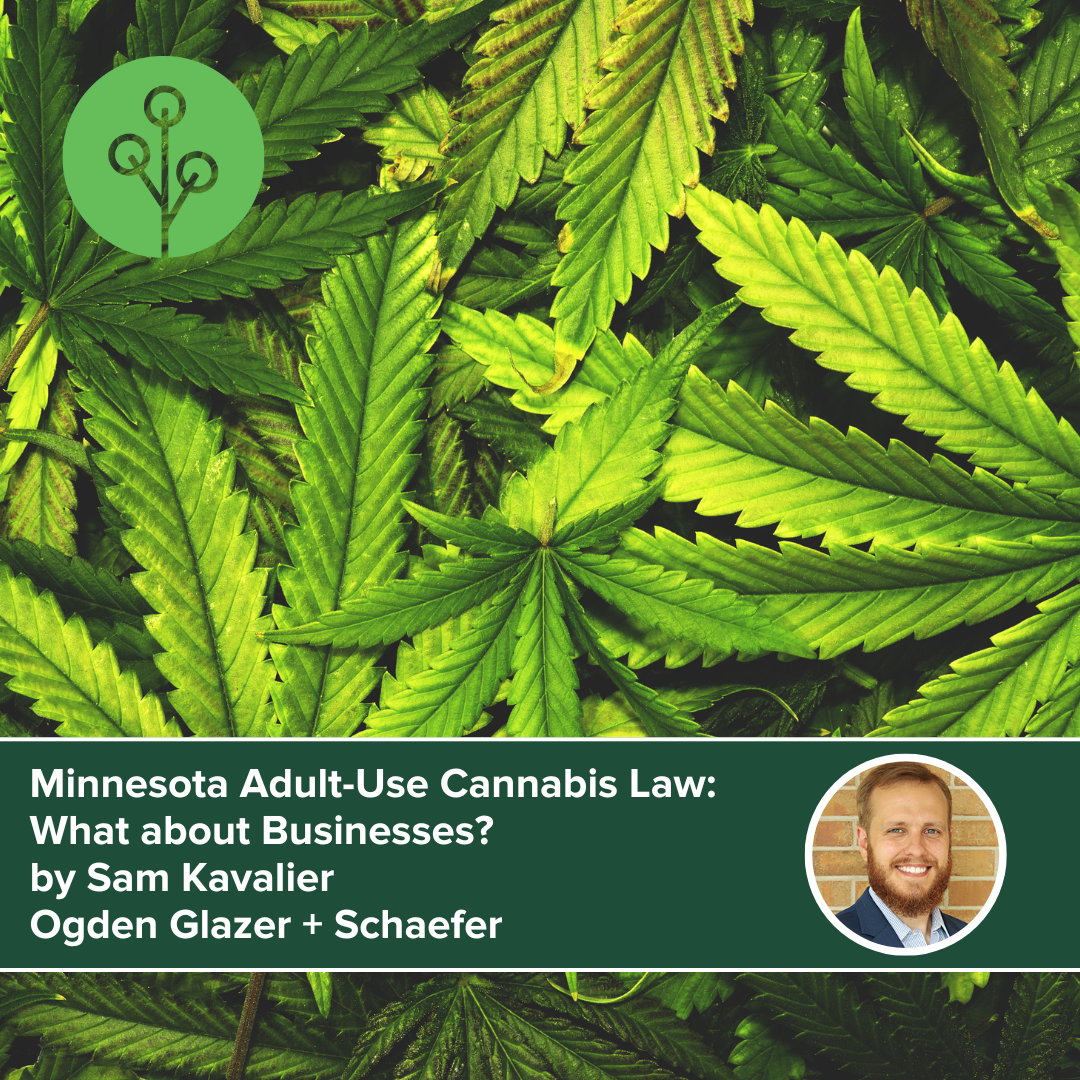This post is the second part in a multi-part series on Minnesota’s Adult Use Cannabis Law. Feel free to check out Part 1. The last post provided an overview of Minnesota law related to possession, use, self-growing, and gifting, which is the extent of adult-use cannabis Minnesota law allows for pre-2025. This blog post discusses what is supposed be ahead for cannabis businesses in Minnesota (starting in 2025). I will add the quick disclaimer that much of what I will lay out below has not yet been fleshed out, either through rule-making or subsequent legislation (more on that in a future post). With that in mind, I will try to focus on what the law says right now, as well as avoid speculation.
To operate as a business in the adult-use cannabis industry in Minnesota, the law requires the business to meet certain requirements and hold the necessary licenses.
The requirements are somewhat lengthy, but I would divide them into 2 buckets: “must” and “must not.” For the “must” bucket, it includes applicant requirements like: i) 21 years of age or older; ii) consent to a criminal background check; iii) have filed all returns and paid previous taxes related to a cannabis business; iv) complied with all information requests from the Minnesota Office of Cannabis Management (OCM). For applicants that are business entities, these requirements also apply to every officer, director, manager, and general partner of the applicant business, and also needs to be incorporated/organized/formed in Minnesota. As for the “must not” bucket, an applicant (or the people with the roles listed above for business entities), must not: i) be peace officers; ii) have had a previous cannabis license revoked; or iii) be a health care provider who certifies conditions that qualify patients for medical cannabis.
After these general requirements, the law also names specific licenses. The licenses seem to divide out based on function in the market (cultivation, manufacturing, distribution, and retail). There are also cannabis microbusinesses and cannabis mezzobusinesses – which are able to straddle several functions in the market (cultivation, manufacturing, and retail) – subject to certain limitations on volume/capacity specified in the law. OCM is also directed through the law on what criteria to consider in evaluating applications. The law further empowers OCM with discretion in determining the volume of how many of each license type should be issued with the goal of ensuring a stability in supply and the market.
On top of state-level control, the law also establishes boundaries of what municipalities across the state can and cannot do to regulate these kinds of license holders locally. For example, municipalities cannot completely prevent cannabis businesses from operating within them, though they are allowed to impose reasonable time, manner, and place restrictions on the businesses, and they are also allowed to place caps on the number of cannabis businesses operating within the municipality.
Thanks for reading! Tune in next week to read Part 3 of the series.

